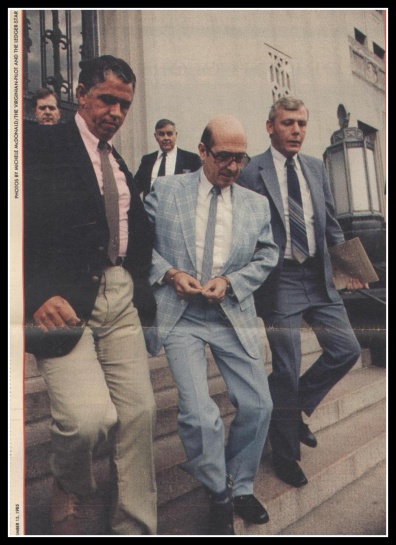Alternatives 2010: Answering Critics
An Alternative Voice — Courtesy of You
I came of age in the 1960s when Students for a Democratic Society (SDS) was disrupting college campuses and demonstrators were protesting the Vietnam “conflict.”
So when a friend told me about an “alternative” mental health conference that was held last weekend in Anaheim, California, I immediately pictured a group of disgruntled attendees gathering to complain about the established psychatric community and plotting ways to change it. 
The agenda for “ALTERNATIVEs 2010: Promoting Wellness Through Social Justice“ didn’t disappoint.
Chattanooga, Austin and Mark Twain
I was speaking to a Virginia state legislator one day about how programs such as Crisis Intervention Teams, jail diversion and mental health courts can save public tax dollars and actually help persons with mental disorders get help rather than sitting untreated in jail cells.
“You aren’t from Virginia are you?” the legislator suddenly asked. 
“I wasn’t born here, but I have lived in Northern Virginia since 1978,” I replied.
He snickered and said, “I thought so. Do you know what Mark Twain said about Virginia, son?”
“No.”
“Mark Twain said if the world ever ended, he wanted to live in Virginia because things happened in Virginia seventy-five years after the rest of the country.”
Controversial OP Ed in USA Today

I wrote a blog not long ago about Arthur Walker whose brother, John Walker Jr., got him to spy for the KGB during the Cold War. John also groomed his own son, Michael, and recruited his best friend, Jerry Whitworth, as Soviet spies.
Family of Spies: Inside the John Walker Spy Ring was my first book, a national bestseller and a five hour mini-series on CBS.
I’ve always felt that Arthur was gullible and easily mislead by his brother. Click to continue…
A Modern Day Dorothea Dix in Ohio
Ohio is known for providing some of the best care in the nation for persons with mental disorders and one reason why is the tireless and creative leadership of Ohio Supreme Court Justice Evelyn Lundberg Stratton. 
When it comes to the criminal justice system, Justice Stratton reminds me of the legendary social reformer Dorothea Dix who preached that persons with mental disorders deserved treatment, not punishment in jails and prisons. Dix was largely responsible for the building and spread of state asylums in America in the mid-1800s. Justice Stratton could be credited with helping spark the growth of mental health courts across our nation.
NAMI and Drug Makers’ $$$



